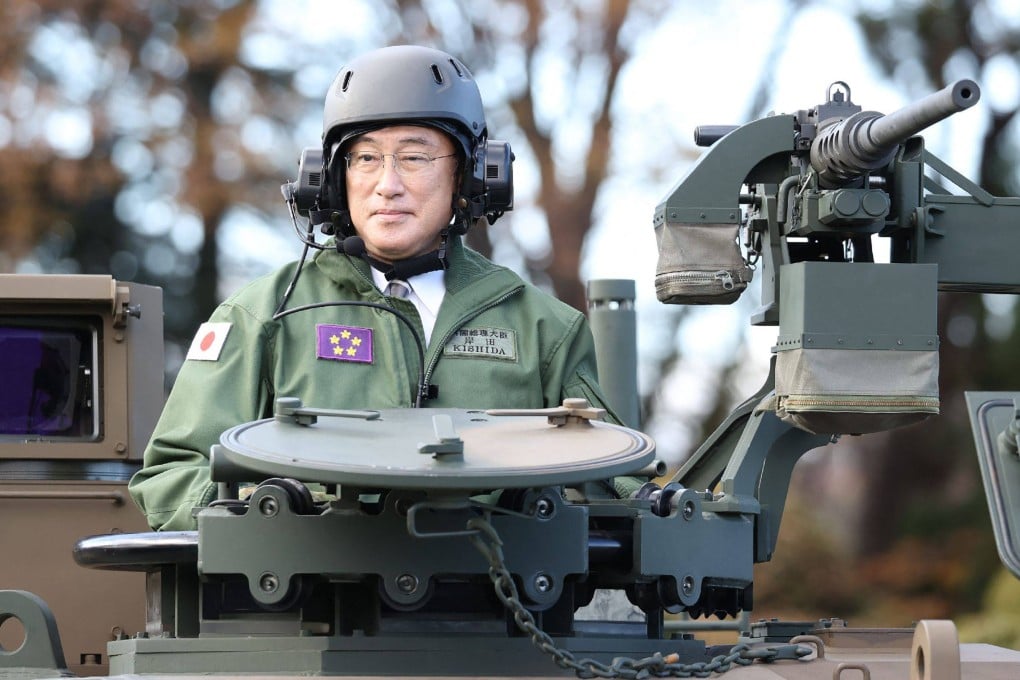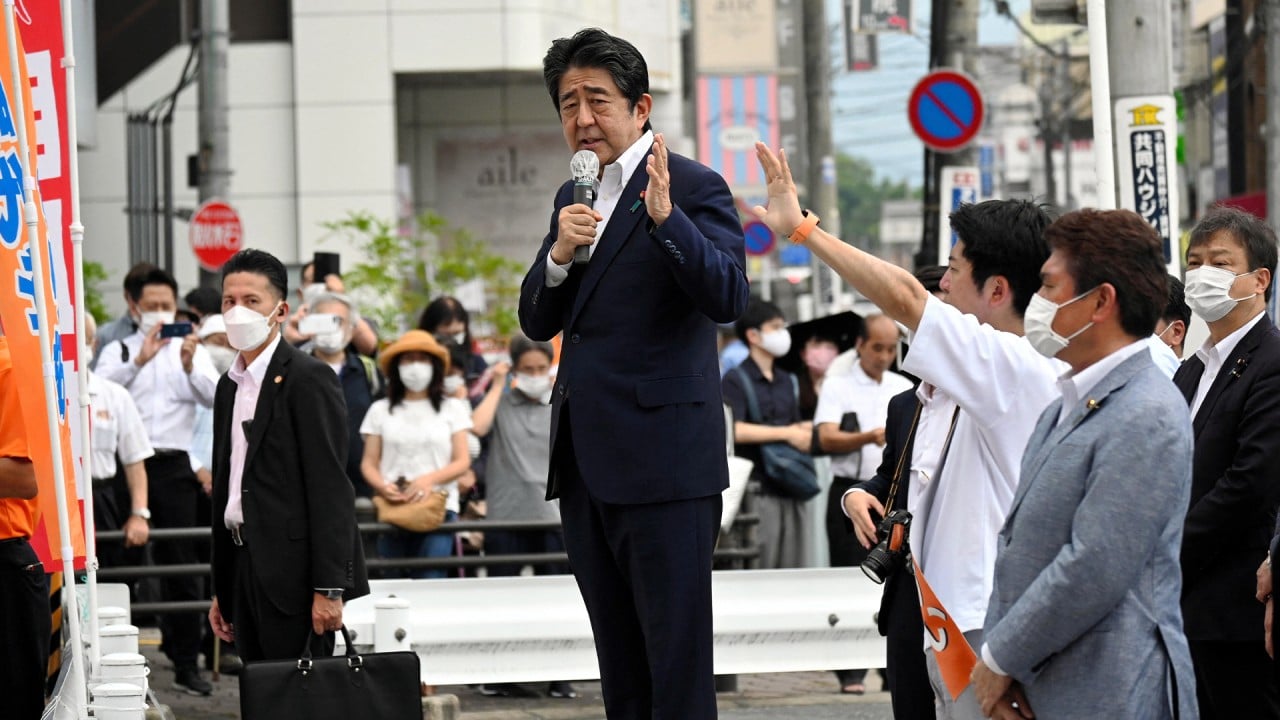Advertisement
Opinion | G7 summit a chance for Kishida to show his vision for Japan’s economy and security outstrips Abe’s
- Russia’s invasion of Ukraine has reinvigorated those arguing that Japan should revise its constitution and bolster its ability to defend itself
- The Group of 7 summit in Hiroshima could be the stage for Japan to announce its intent to send weapons to Ukraine, with the added bonus of spurring economic growth
Reading Time:3 minutes
Why you can trust SCMP
1

Kazuhisa Shimada, Japan’s former administrative vice-minister of defence, spoke recently about the risks to Japan’s security at a conference where Prime Minister Fumio Kishida used a video message sent from Africa to spell out his intention to amend Japan’s constitution. It was a rare instance of a top civilian officer in the defence ministry speaking publicly about the country’s defence dilemma.
Advertisement
Shimada said Japan needed a solid, independent defence arm because it would not always be able to depend on US military power under the security treaty between the two countries. He argued that the US military presence would continue to wane as it started to do after former president Barack Obama said the United States would no longer be the world’s policeman.
Japan’s constitution came into effect on May 3, 1947, while the country was still under occupation. The signing of the Treaty of San Francisco in 1951 brought the end of the occupation, restoring Japan’s sovereignty over its home islands while making Japan’s status that of a US protectorate. The security treaty was revised in 1960, but Japan’s status remained.
The debate around whether Article 9 of the constitution – in which Japan renounces war – should be amended has gone on for decades since the country regained its independence. Both supporters of Article 9 and those who want it revised hold events where they make their case each year around May 3, which is Constitution Memorial Day. Amending the constitution has been one of the consistent driving forces of the ruling Liberal Democratic Party since it was established in 1955.
In Article 9, Japan renounces “war as a sovereign right of the nation and the threat or use of force as means of settling international disputes”, as well as maintaining land, sea or air forces. The goal of the clause was to curb Japan’s ability to return to its pre-war belligerence and instead help create international peace based on justice and order. Former prime minister Shinzo Abe, who aggressively pursued constitutional revision for much of his tenure, often said Japan must become a “normal country” with a right to self-defence.
Japan rebuilt its economy and prospered as it provided materials for the US to carry out its wars in Korea and Vietnam. Thanks to the Cold War and its security treaty with the US, Japan was able to focus on economic growth and flourish. The end of the Cold War, the appearance of the “Asian tigers”, China’s rapid economic growth and other factors have weighed on Japan’s global economic presence, but there was still no clear reason for Japan to focus on remilitarising.
Advertisement

Advertisement

